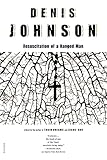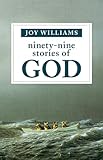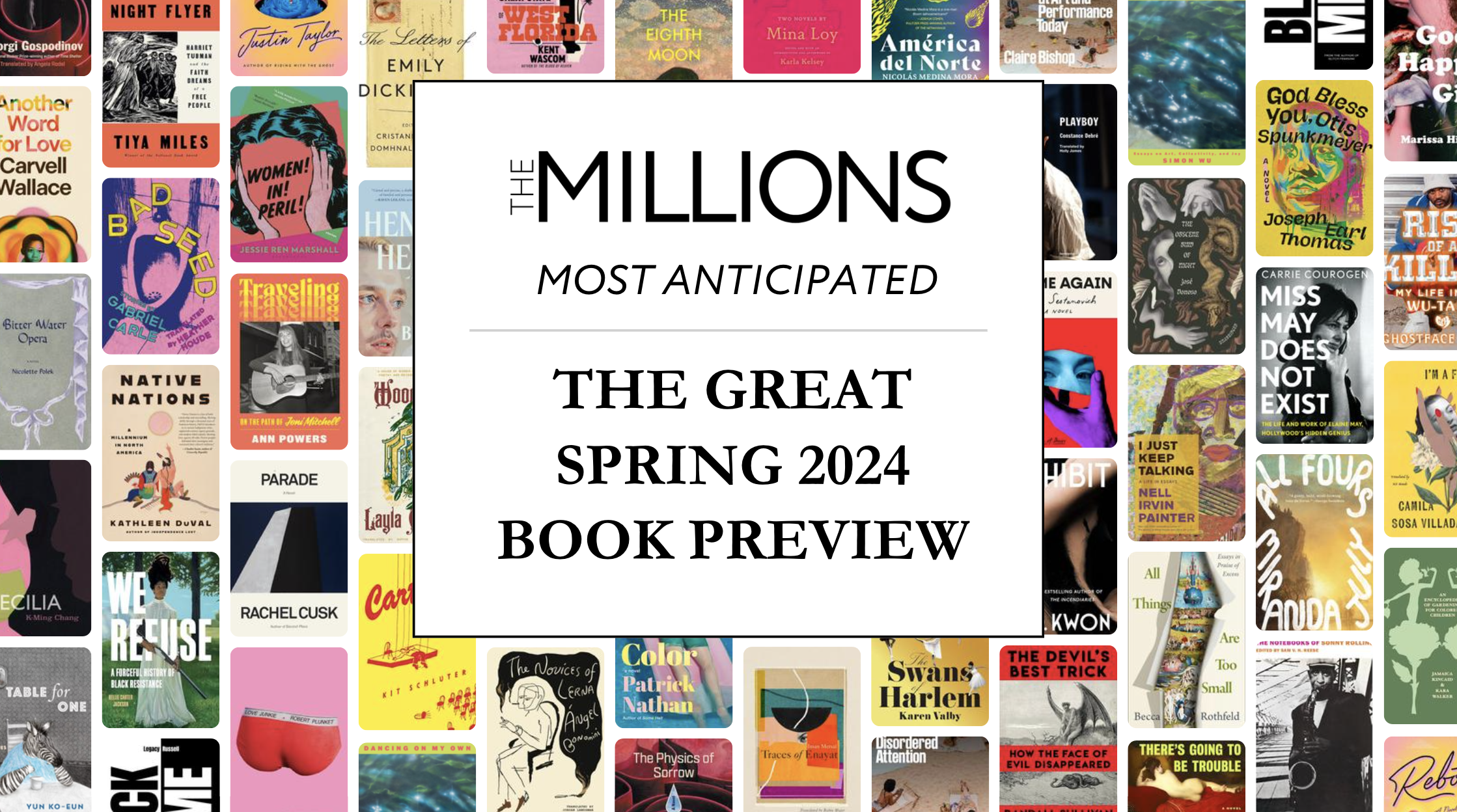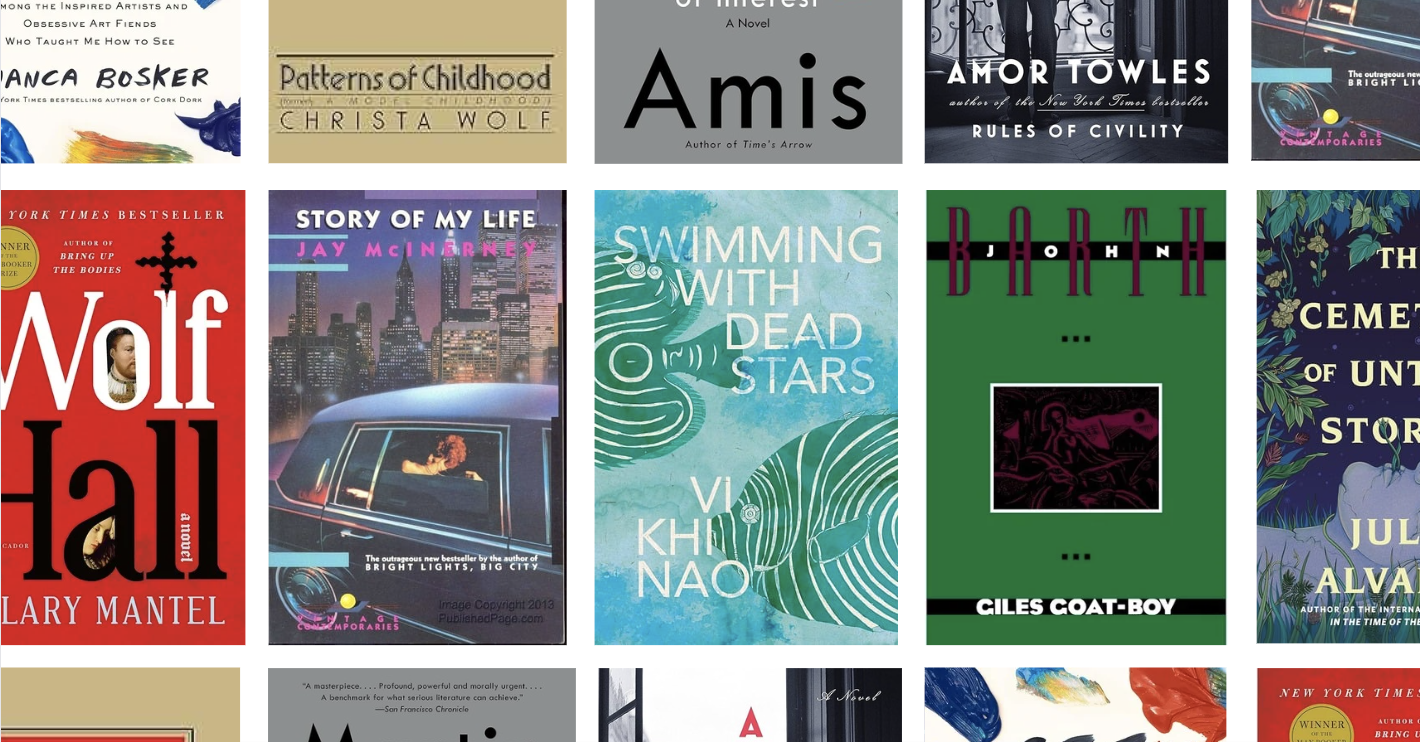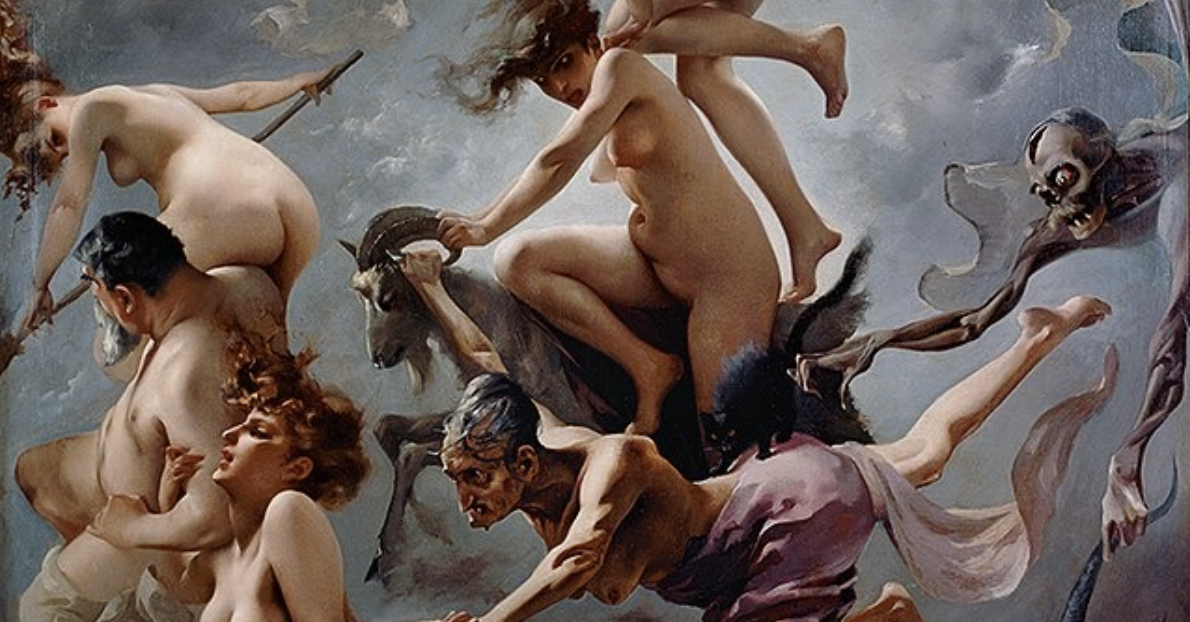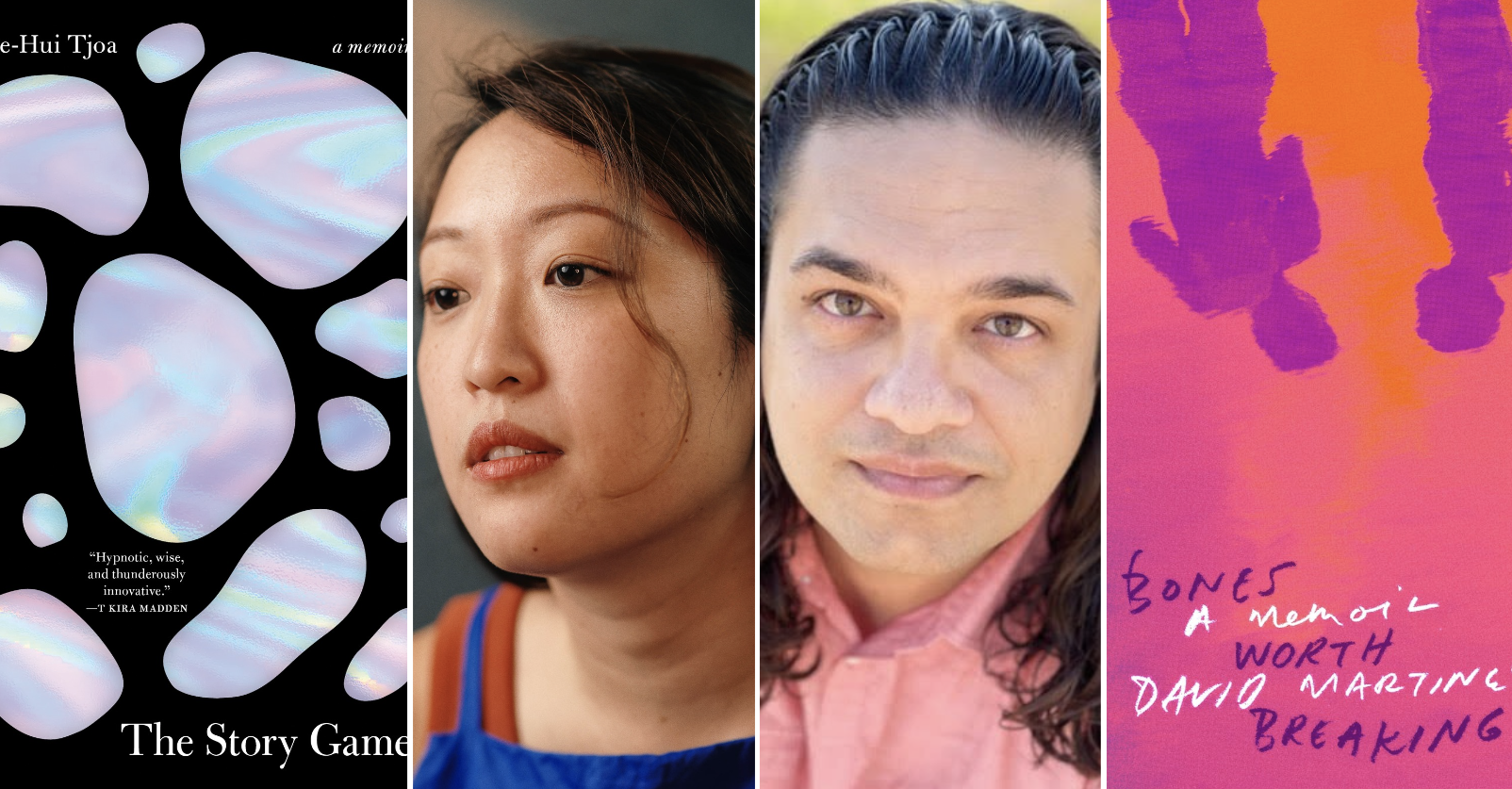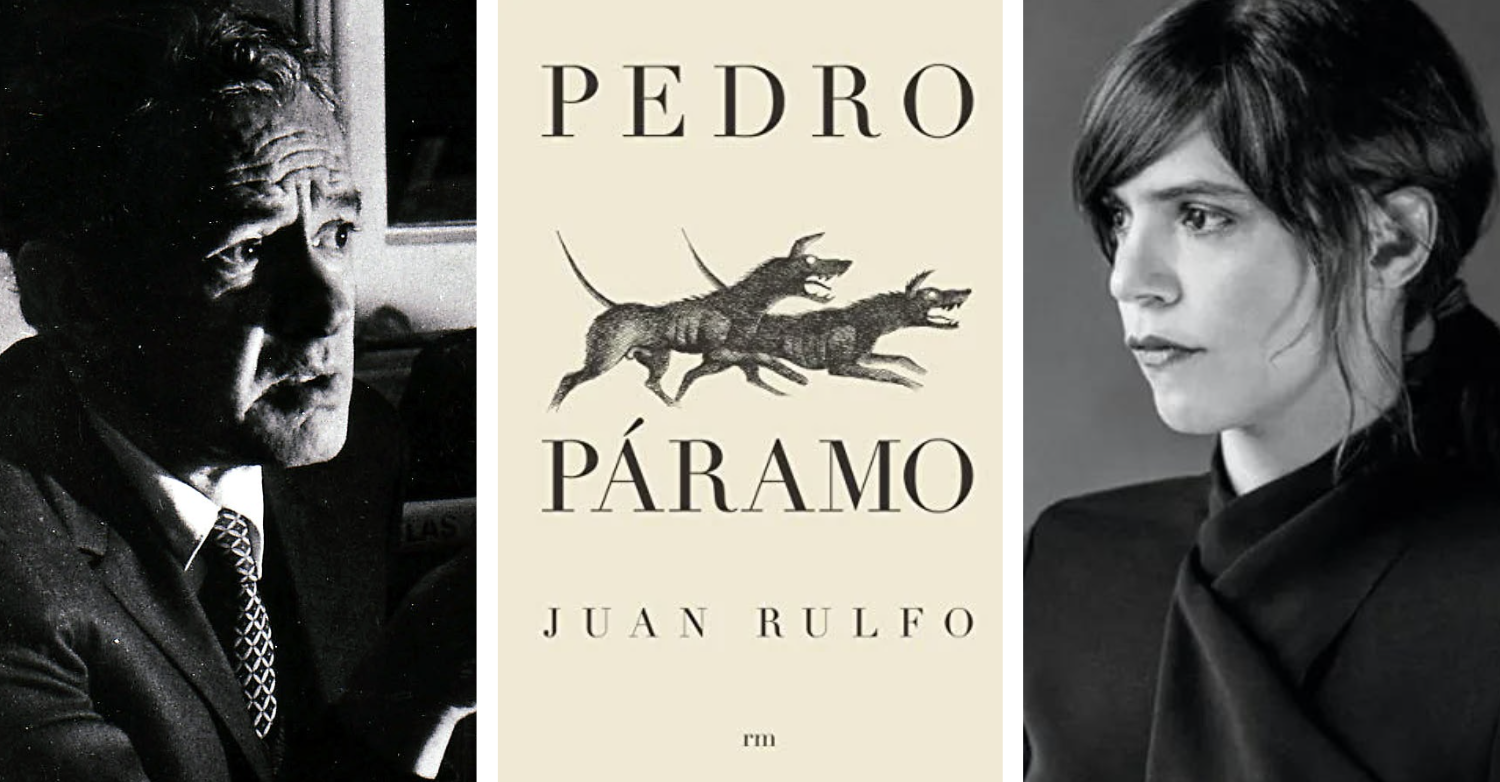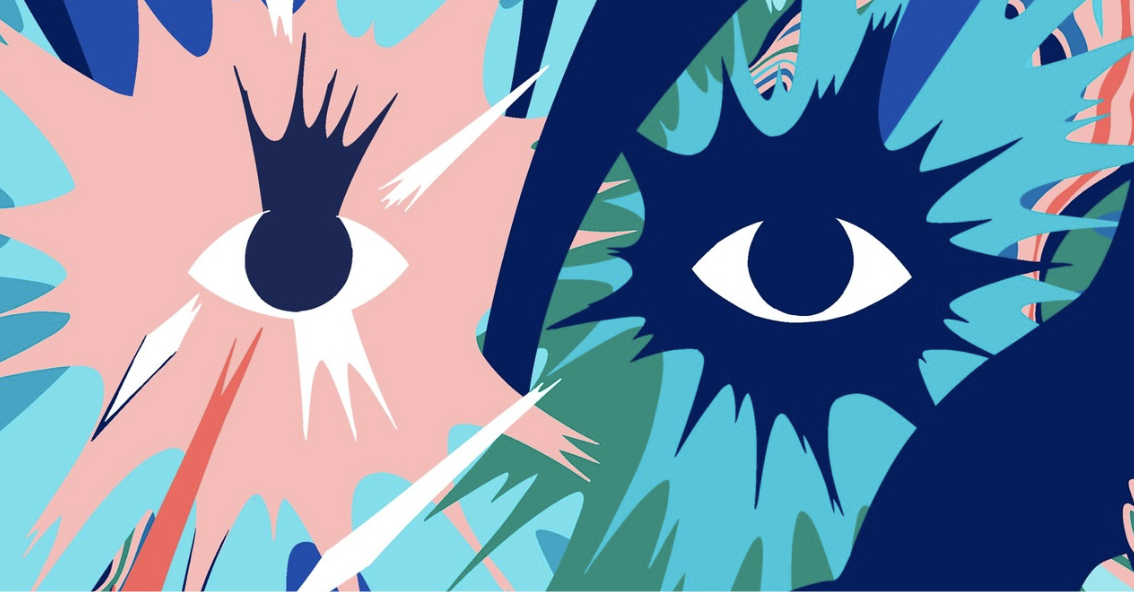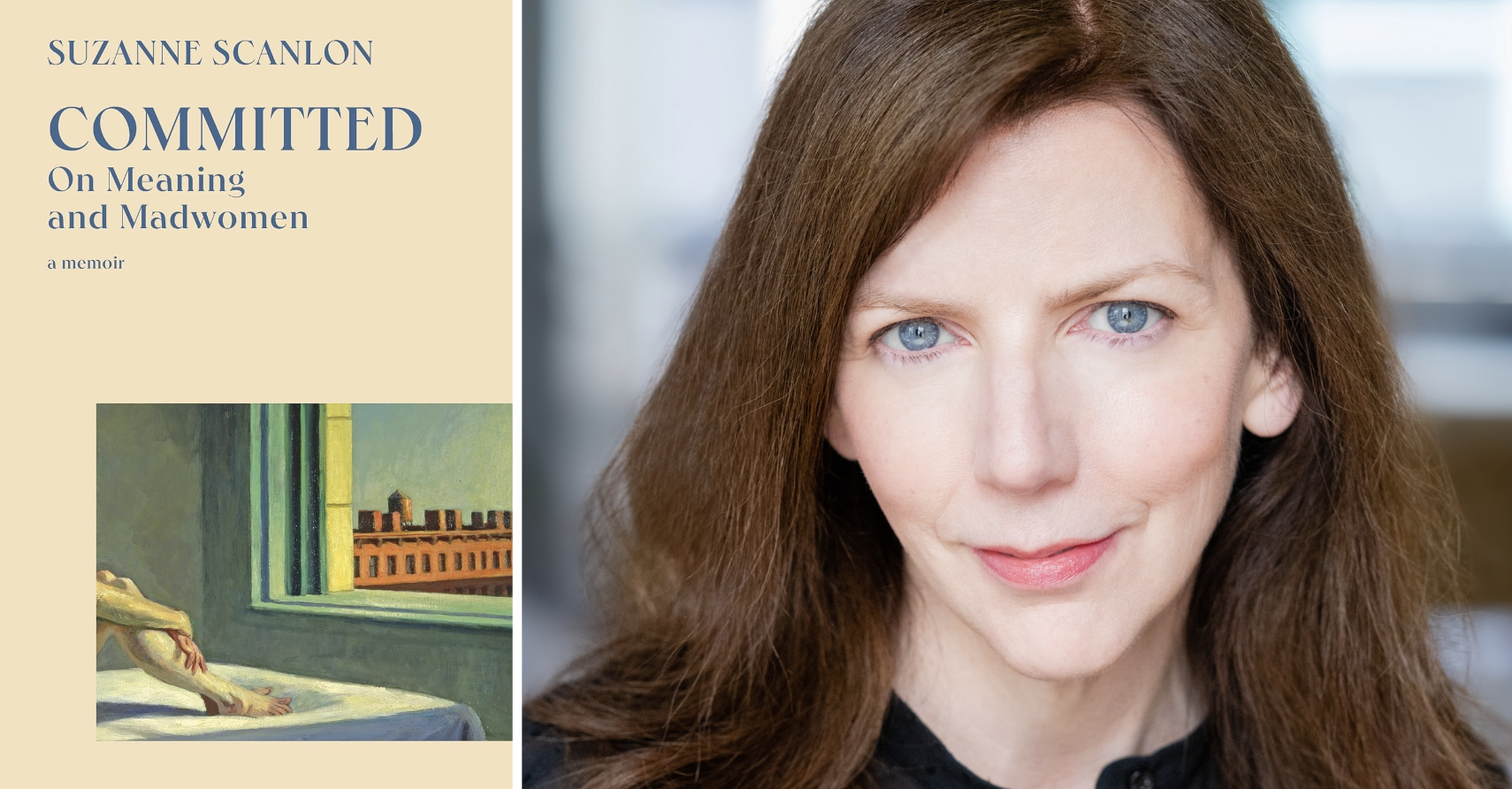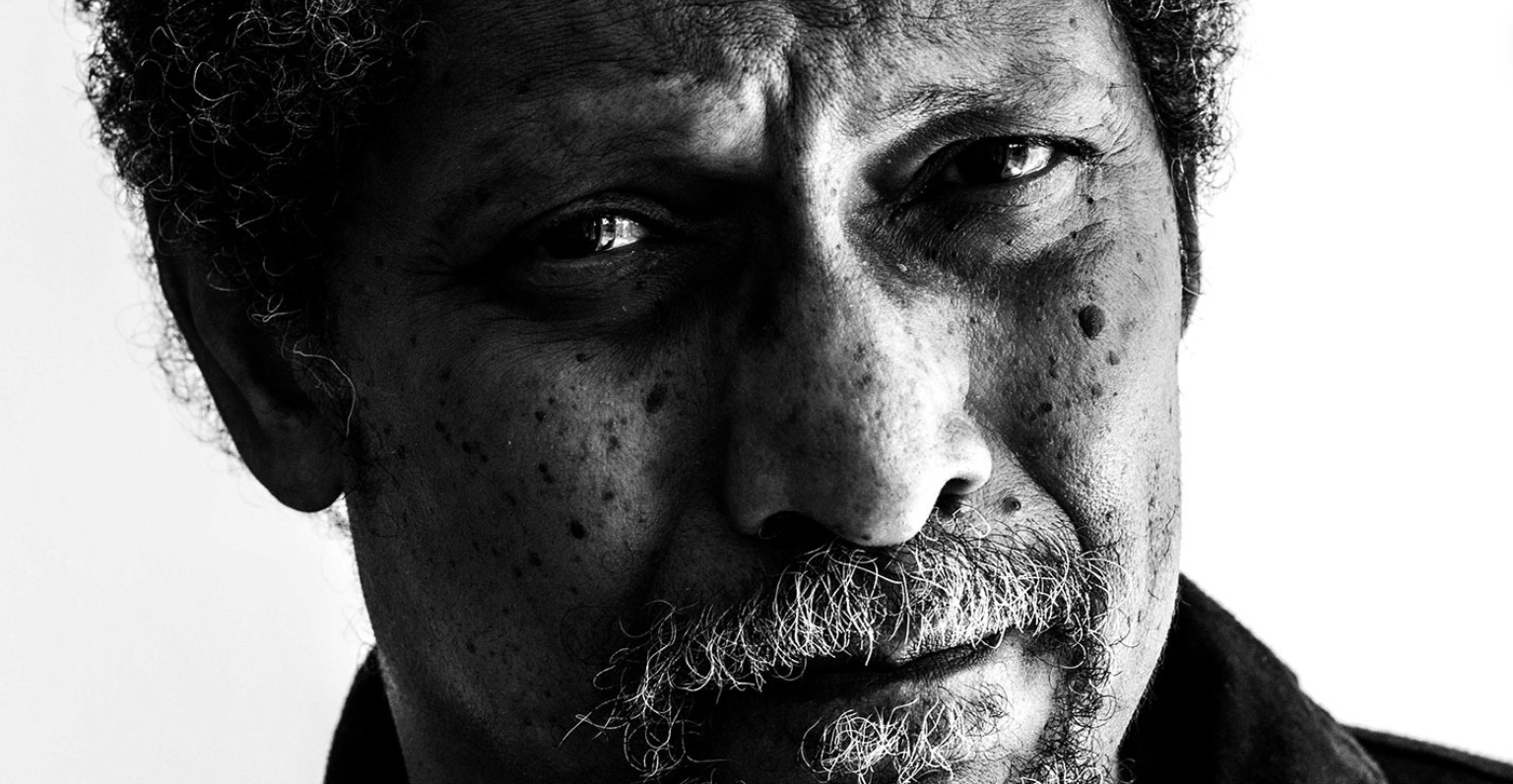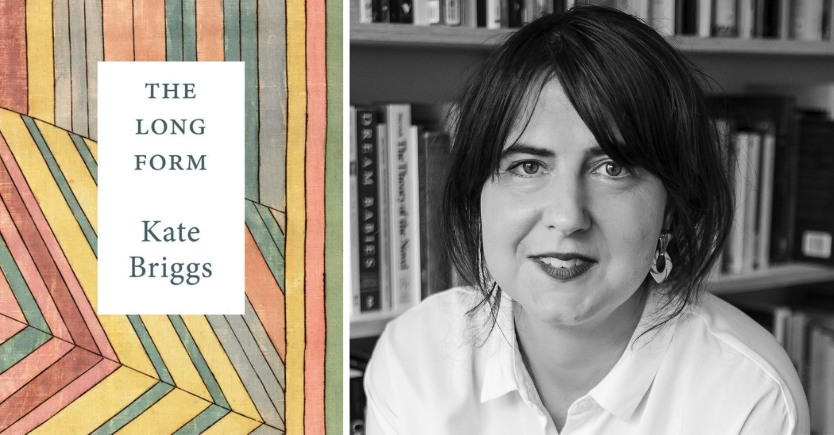There’s a refrain of naming in Later: My Life at the Edge of the World, the new memoir by Paul Lisicky. The book follows Lisicky’s life in Provincetown, Mass., during the 1990s. A fellowship at the Fine Arts Work Center brings Lisicky to the town, but his life as a young writer becomes intertwined with a search for identity and love.
Lisicky’s prose style is enticing, rhythmic in its route toward emotional authenticity. He tries to identify how his relationships could be named or described. “Do I simply want to own him,” Lisicky wonders, “Or do I want to be owned by him…I wonder if intimacy and attachment are possible without the roof of a category.”
One reason Later is so compelling is that Lisicky mines this difficult space of intimacy so well: allowing the possibility that we might never truly name our deepest desires.
The author of The Narrow Door, Famous Builder, The Burning House, and other books of nonfiction and fiction, Lisicky is an associate professor in the MFA Program at Rutgers University-Camden. He has written for The New York Times, The Atlantic, and Tin House, and was a 2016 Guggenheim Fellow.


 We spoke about the symbolism and sense of water, how writing can be a way of saying goodbye, and our mutual admiration for Joy Williams.
We spoke about the symbolism and sense of water, how writing can be a way of saying goodbye, and our mutual admiration for Joy Williams.
The Millions: Among epigraphs from Henry David Thoreau, Mary Heaton Vorse, Eileen Myles, and others, there’s a great paragraph from Denis Johnson’s novel Resuscitation of a Hanged Man, which includes the lines: “we are more water than dust. It is our origin and destination.” This hit me before I read your book, but after Later, I’m even more drawn to the sentiment. Could you talk about being water; being surrounded by water? And about origins and destinations?
Paul Lisicky: I spent a large part of my childhood in a house on the water. There wasn’t any way to ignore water. Our living room faced it, we always heard the sounds of it in our kitchen, it softened the air and our skin. Whenever we dug a hole to plant a tree outside, even if it was just a few feet down, ground water leaked into the hole. I loved being near and over and around that water, and I couldn’t wait to get back near it whenever we drove inland. I couldn’t understand why anyone would want to live on a mountain or in the desert.
Of course water was also ominous, as we associated it with storms and hurricanes. This was years before anyone talked of climate change, sinking land, and rising seas. Our little ranch house was probably no more than a couple of feet above sea level. And maybe the magnetism of all that water was knowing that it could turn on you, take your beautiful life without warning. It was something that had to be respected, you were going to be corrected if you tried to control it. And it was always in motion. Maybe that motion was the most important thing. Not just on its surface, but in the action of the tides, which left a foam stain on the bulkhead two times a day. I think what I really craved as a young person was the idea of shifting and becoming and evolving into another form, though I never would have put it that way back then.
Would Provincetown have appealed to me if it were dropped down in the middle of a prairie, hundreds of miles from the sea? Probably not, even though the water’s not so visible the way it is in most other places built by the beach. It’s hidden by a wall of stores, and even the beaches of Herring Cove and Race Point must be accessed by crossing a salt marsh or a path over high dunes. Still, you feel it everywhere, you taste it, smell it. Sometimes, if it’s windy, you can hear the open ocean roaring into the West End of town, and that certainly conjures up destination, a physical sense that none of us are here for long. Water is mystery, even though human bodies are technically 45 percent to 75 percent water.
TM: In the book’s first scene, you are standing with your mother in a driveway, your seven-month residency in Provincetown a 21-hour trip away. “She puts her arms around me,” you write, “so I will feel the consequence in my body, the consequence of her losing once again.” It’s the perfect way to describe such separation, and it happens so quickly in the book—as if this story has been building in you. When did you know Later had to exist as its own book, its own story?
PL: It’s interesting that you point to this goodbye scene, as the first draft of the book was written just a few weeks after my father’s death. It had been a tough year. He had been unnervingly healthy and strong through his 80s. I think he even went horseback riding in Uruguay on his 90th birthday. Then, without warning, he came down with pneumonia over the holidays, and long story short: his last months were pretty awful in their rounds of grave illness and recovery. I think I was too close to it all to write about him directly, but I needed a vehicle in which to say goodbye in the largest sense.
I’d been trying to write about those early days in Provincetown for years, when, among other things, it was a refuge for people with HIV and AIDS, but the perspective never felt right. I couldn’t get down the right combination of ominousness and the absurd humor that many of us found ourselves summoning up on a daily level. And I was very conscious of trying to write about emergency—how do people survive when they can’t take for granted they’re going to be around in the morning? What does extremity do to our sense of time, our relationships with friends, romantic attachments, family? How does community happen in the midst of crisis? How do we manage feeling, and are there costs to getting to be to be too good at that: a gold medal winner of denial? When I started the book I must have sensed multiple, overlapping emergencies on the way. And as of today there are so many it’s impossible to list them all: the climate crisis, the brute racism, the destructive politics, the opioid crisis, the crisis at our southern border, and the one that’s swallowing our attention right now…The coronavirus. I must have felt an urgency to look back on another period to see how we managed those days.
TM: I love the description of your walk, or your imagined walk, down the street of Provincetown: “my heels strike the pavement as if I’m possibly damaging my feet. This is what power feels like, but only when power is spread evenly, or when queerness isn’t othered but is central.” Later you write that “the transgressor needs the Puritan. How could a gesture even be experienced as transgressive if there weren’t the possibility of someone with folded arms, a hard, indignant face?” I’m interested in this tension of power and restraint; to be seen and to be watched. Did it remain for you throughout your time in Provincetown? Did it extend beyond your time there?
PL: I think any form of vitality is born out of opposing energies. It needs that push-pull if it’s to be an ongoing force. For some reason that conjures up Blake: The Marriage of Heaven and Hell. Or better yet, The Songs of Innocence up against The Songs of Experience. If we just had the Lamb and not the Tyger then—would the Lamb be as compelling a figure? That’s not meant in any way to be an argument in favor of tyrants, despots, dictators, or devils—definitely not. But it’s just to say that animation depends on contrasts.
TM: As in much of your work, faith and doubt are never quite distant from the cadence of your prose. One favorite line among favorites: “Nothing I’ve known about the world feels permeable anymore, and the surfaces it gives back—trees, water, the sky—feel as hard and opaque as the bottom of a frying pan.” Was there a spiritual experience to writing this book?
PL: There was, but I wanted to make room for a spirituality that wasn’t simply soothing or comforting—not that comfort should ever be undervalued or disrespected. Especially in these insane times. It seemed important to think about what God might be in these circumstances—why would God be silent, allowing people who were just becoming themselves—people their 20s and 30s—to be crushed and often ostracized from family, work, the larger culture around them? The book doesn’t have answers, but the divine is constantly in the atmosphere, sometimes known as God, at one point known as “Day up against the night.” There’s at least one passage that’s meant to be read as a prayer. There’s another passage in which I recount Ingmar Bergman’s film Winter Light in which a priest loses his faith and thinks about that before celebrating mass. At the most extreme point in the book, I think about the perils of representation, especially of a complicated place like Provincetown: “Looking at those changes straight on? Imagine trying to look at God, and if you think you can do that, God will find a way to break you.” So the spiritual energy is definitely there, but it’s more cold water than warm.
And yet? Honestly? I might be simplifying things because the book becomes something else in “Afterlife,” its final section. Its energy shifts, and there are bursts of optimism amid the recognition of damage. An opening up to the idea of a future. As to whether that shift is spiritual? If it’s experienced as such, it’s not a move I ever determined, and maybe that’s just the work deciding what it wanted to be, not me.
TM: You read Breaking & Entering while in bed with Noah, under the “lousy light.” You quote her sharp lines elsewhere in the book. What does the work of Joy Williams mean to you?
PL: I first came upon Joy Williams’s work when I was in my early 20s. I think it was the story “Skater” from Taking Care, which I came across in some anthology. Its language was sparse—mostly. It wasn’t out to dazzle or impress. But I felt the incredible animation of its descriptive life. They carried terrific weight in the work; they were occasionally strange, and broke the simplistic rules that are often bandied around in workshops. I loved the territory of the work: unnervingly wise children, lost adults, drunks, animals, trees. Not just trees in the general sense, but, say, jacaranda. Jacaranda mattered. The precision of it. It often poked fun at human arrogance and complacency, but there was an evident love for the non-human world, for mystery. The world of animals and trees came across as signposts for the unsayable, and any reader or reviewer who focussed on the work’s misanthropy was clearly missing half of the story. Maybe the whole point of the story.
I also loved what the work did with place. Places always felt like emotional states, in their mixture of junk and beauty and sublimity. She set her work in places that I loved, Florida or coastal New England or Arizona. At that time, Florida and Arizona were underseen in literature, and I loved reading work that managed to see both the beauty of those landscapes while capturing the cost of human ruin upon them. When I was in grad school, I fell in total love with her novel Breaking & Entering, which cast its spell on me. I wrote a whole novel inspired by that book before putting it aside. I think you can also hear her influence on Lawnboy.
I continued to go back to her work. About 20 years ago, I was at a noisy party at a writers conference in Key West about when I saw her walk into the room with Rust Hills. I literally started to tremble. My ex was with me and he laughed. He said, do you want to meet Joy Williams? I’ll take you to meet Joy Williams. I wasn’t even sure I wanted to meet Joy Williams, but it was too late! He was leading me by the elbow across the room, and the next thing I knew my ex left us, and the two of us were talking. She was friendly and polite until I told her that I named the grandfather character in my work after the dog Clem in Breaking & Entering. Her face got very bright. “Now we’re talking,” she said mischievously.
We’ve become friends over the years, and when we’re together at a conference, we’re very good friends. We once got lost together on a walk in Key West. Another time we went to evensong together at an Episcopal church in Amherst, Mass., on a June afternoon when we were the only congregants aside from the choir, and we held one song sheet and sang together. This was preceded by getting martinis at the bar down the street and going to see about getting tattoos. I sat next to her at a dinner party on the night my ex and I broke up. I’m astonished at my life when I narrate these things….
Her work changed my life, taught me how to see and revere animals. I love everything she’s written, but maybe my favorite book right now is Ninety-Nine Stories of God, which I just taught to my MFA students. Anything I’ve said above about her work applies to that book too—it’s Joy Williams concentrated.
TM: “The time line breaks, scrambles.” It’s a sentence late in the book, but it also feels like a compass to much of your work. I think there’s a unique sense of time in your books—it feels accurate in a way that seems more effective than chronology—and I’m trying to find the word to encapsulate it. There’s a fluidity, a recursivity to your sense of time, but maybe there’s a better way to capture it—perhaps a way it especially feels to you. How do you conceive of time in your work?
PL: I know time is crucial in my work, but I never think of it intellectually as I’m writing. I know when it’s working and when it isn’t. It doesn’t seem to move in a straight line (clock time) and refuses it whenever I try to make it behave. But that’s not to say that there isn’t a kind of chronological narrative in Later. It just steps aside from our human construction of time, and it plays out in poetic time. I wish I had a word that wasn’t potentially distracting or obscuring.
On a gut level I want to capture simultaneity, so time, at least in the memoirs, is operating in both the present and the past at once, even though the literal present isn’t often directly acknowledged. I suppose the work is trying to use the tools of the present to capture the heat of the past. There’s nothing terribly new about that. That strategy is a hallmark of lyric poetry, and I’m just allowing myself to write all the way to the right-hand margin.
Some of my work has been interested in connection-building—I think you can see that playing out in The Narrow Door: images, lines being repeated from section to section—another way to suggest simultaneity. I think there’s less of that in Later. Because of its subject matter, this book insisted on fragmentation. Things not lining up, images misbehaving, water flowing outside its channels, unraveling, unraveling.











